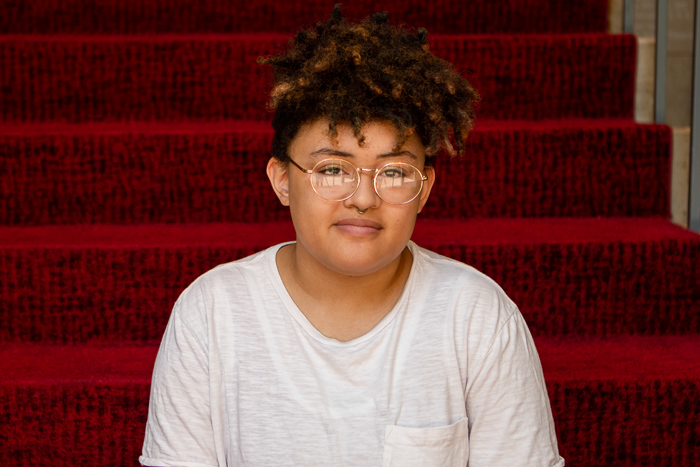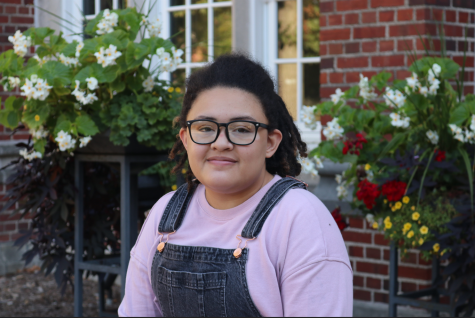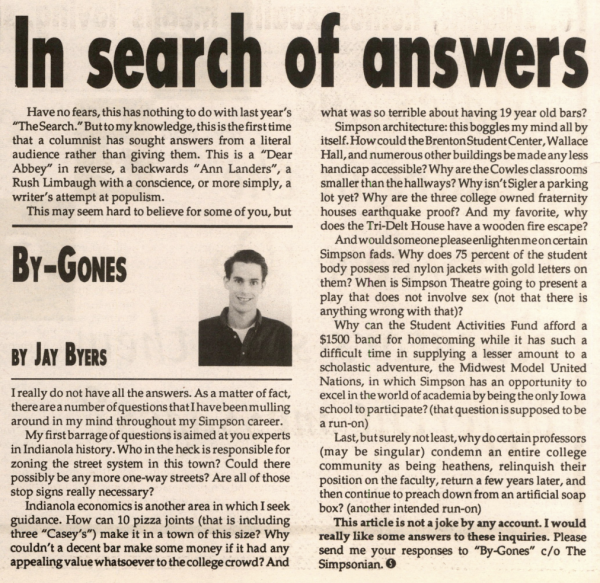‘Depression’ isn’t a bad word: how mental illness impacts the studies of college students
March 4, 2020
This is not the editorial I was planning on writing.
The original editorial was a research piece I’ve been excited to write, about the concept of inoffensive comedy and the theory of benign violation. With the World War III memes, COVID-19 jokes and #GowunToJail, the question of when and how meeting a distressing situation with humor is respectful or, rather what makes such attempts at humor hurtful.
And then, approximately two days into writing the editorial, I stopped. Despite the growing amount of work piling up on my proverbial desk, I haven’t written anything since.
It is certainly not for lack of motivation or awareness. I’m the sort of person who knows what I want for myself. Going on to study literature in graduate school. Pursue careers as a librarian, journalist or editor. Someday opening my own used bookstore and hobby shop. I’m the sort of person with a running list of things I could do better, ways I can grow as a person, just striving to do the best I can.
But my motivations only have so much room in my mind — the rest is overshadowed with the phrases seemingly no one wants to talk about: mental illness and academic burnout.
According to College Stats, “eighty percent feel overwhelmed by their responsibilities as a student. Fifty percent of students rated their mental health below average or poor. Fifty percent have struggled greatly from anxiety and as a result, have struggled in school. Forty percent of students fail to seek help.”
The article “Mental Health Guide for College Students” notes that the aforementioned mental health issues are not limited to anxiety, suicide and depression. It also comes in the form of addiction and eating disorders. I can’t count how many times I’ve heard myself and my peers make self-deprecating remarks about stress eating or excessive meal skipping, as well as joking about abusing substances like drugs and alcohol.
It’s an unhealthy coping mechanism, but it’s one that is normalized, even encouraged, in media portrayals of college and social interactions between coworkers, friends and families. Most of us have heard the fun and outrageous stories of staying up late into the night or getting into trouble.
As the article points out, despite the high amount of college students facing mental health issues, much of which significantly and negatively impact their ability to succeed in school, only seven percent of parents are aware of this. The low number offers a grim insight into students’ access to help and resources.
Of course, on campus there is counseling, and professors, in my experience, frequently make known their desire to help students in need. But this misses a crucial point, the ability to ask for help is something that is developed, not inherent. In my experience, it is an ability that is also susceptible to being eroded away entirely. And in a culture where mental illness is routinely doubted, mocked and ignored, accessing important resources can be challenging in more ways than just walking in.
This isn’t the editorial I was planning on writing. It isn’t for lack of planning that I couldn’t finish the initial piece, and maybe before the year is out I will go back and finish it. The problem is, along with the vast amount of other personal and school projects I struggle to finish, they require more energy than I can give.















